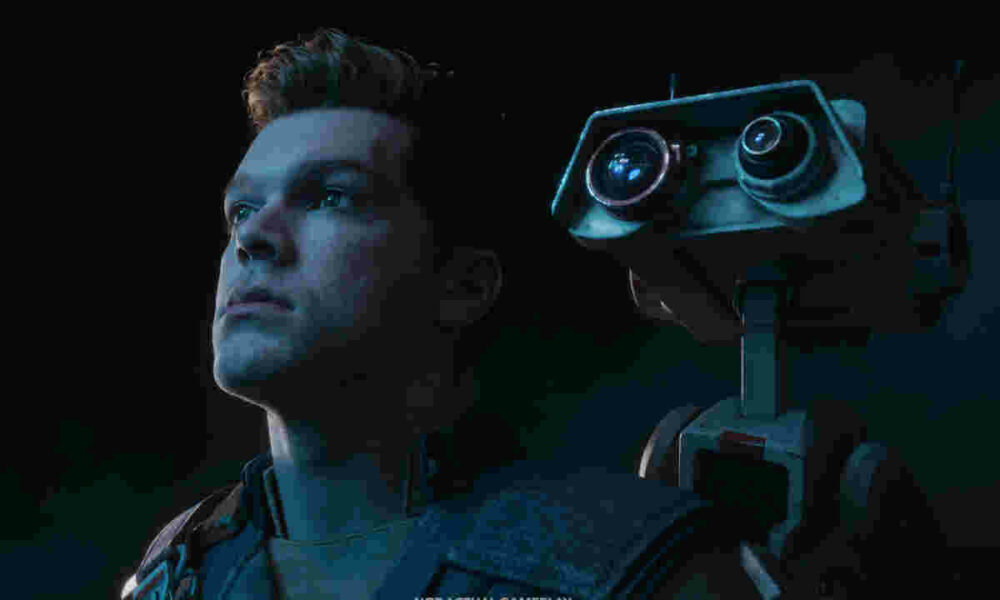
«My name is Joel Barish and I have come to erase Clementine Kruczynski«, Jim Carrey told Tom Wilkinson before putting himself in the hands of Mark Ruffalo in the incredible film of the always surprising Charlie Kaufman to the script and Michel Gondry to the direction. Titled “Forget about me” in Spain and “Eternal radiance of a mind without memories” in Latin America, the film presented us with an alternative present or a very near future in which neuroscience allows us to selectively erase memories.
Selectively erasing memories sounds, at first, like something tremendously positive, since could serve to tackle the consequences of traumatic experiences that have caused psychological sequelae. I don’t think it’s necessary to list examples, because surely certain types of experiences come to mind that contribute little or nothing to personal growth and that, however, can become an incredible ballast that can last a lifetime.
There will be much less consensus, yes, if we talk about negative memories but from which we do extract learning, and that forge our personality. «Who does not learn from the mistakes of the past, is condemned to repeat them» said George Santayana, philosopher, essayist, poet and novelist, and selective memory erasure could certainly affect that ability. And although selective memory deletion is not yet an available option, we do already have tools that partially allow it.
This reflection is born as a result of a promotional text that I have seen in Mashable, in which an expert offers his services for deleting image elements with Photoshop. A very practical option for some cases, but it is illustrated with a photograph of two people, and a Photoshopped version of it in which one of the two people has completely disappeared. Selective erasure applied to a digital medium.

Photoshop content-aware fill tool.
I am not against photo retouching, I think that tools like Photoshop are very, very useful, since they allow all kinds of corrections to be made, something that added to the development of digital raw allows to obtain absolutely spectacular images. Any type of editing aimed at improvement, in principle, positive, although the abuse of it to substantially modify reality can also be questioned, but what really generates many doubts in me is the deletion.
Also, at this point, I want to clarify something, and it is that it is not the same to delete, for example, a person who has “snuck” into a photo in which they should not be, as the spontaneous classic that slips in without realizing account or someone wanting to joke that can detract from a memory. In those cases, I think that the use of Photoshop to erase is more than justified. It is something very different from eliminating something, or someone, whose presence in said image was justified at the time, but which over time has become uncomfortable.
Resorting to Photohop to perform a selective memory wipe seems to me a clear example of trying to modify the past simply to make us like it more, but along the way it steals much of the experience gained along the way. The past is what it is, and trying to rewrite it to accommodate our wishes is nothing more than a manipulation carried out consciously and with which, in any case, we will be deceiving ourselves.
What do you think? Have you used Photoshop or other retouching tools to remove something you no longer wanted in a photo? Or do you think using Photoshop to alter the past and memories is a mistake? Would you justify it in any case?



